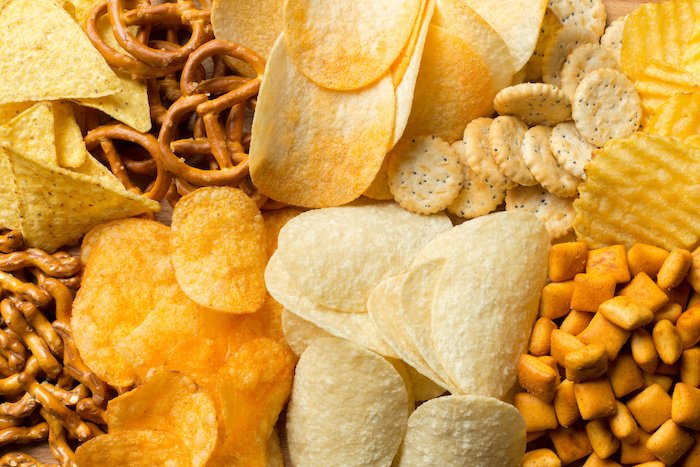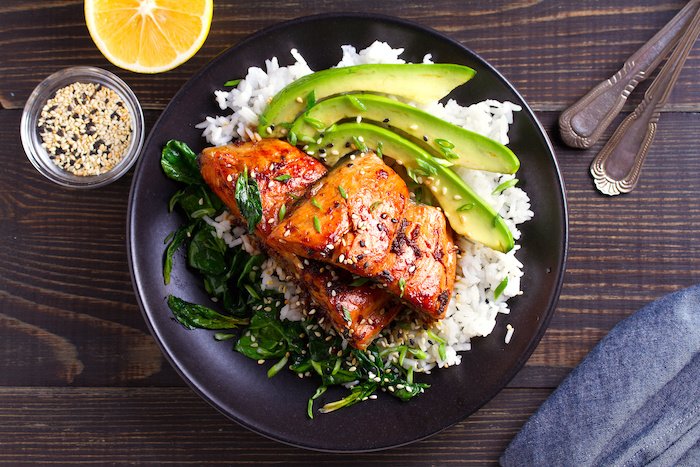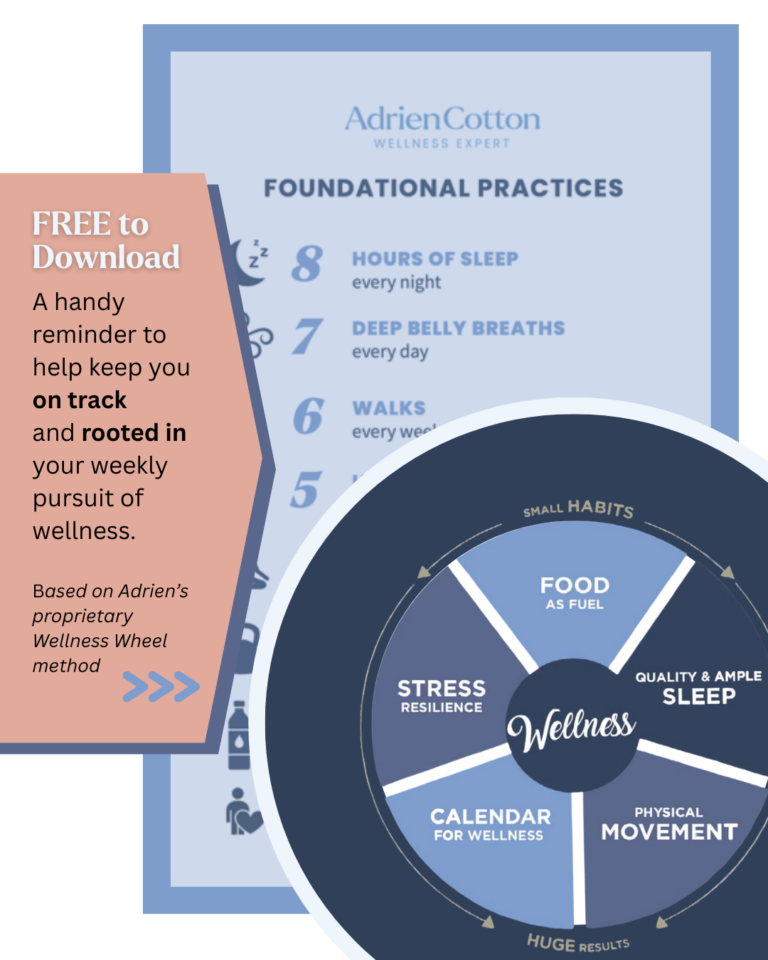Let’s face it, we are a snacking nation.
We may be busy or just need something to get us to the next meal.
Snacking tends to take place “on the go” (in other words – not seated) and often includes food and drink that won’t contribute to our wellness, yet also tends to TASTE good to our palate. It is often the result of a craving, not a response to true hunger, or when our body needs fuel to be productive.
When we lack sleep – consistently getting less than 7 uninterrupted hours – our hunger hormone ghrelin elevates and makes us 20 percent hungrier. Our fullness hormone, leptin, which helps us feel full decreases, and we find ourselves snacking and overeating.
Cravings for a specific food like chocolate, pizza, or wine, are the result of emotional hunger. We are seeking relief in the form of food to help our feel-good hormones boost us out of the cortisol – stress hormone – surge or just to make the day go by faster. Dr. Jaime Harper teaches us, “Your body isn’t actually hungry. It’s looking for a surge of the feel-good hormone dopamine, which you can get from eating certain foods.” What certain foods, you ask? Processed carbs. Dr. Harper explains that “They tend to cause a greater release of dopamine, which is why most people crave them.”

Hunger is typically an empty feeling in the stomach and may be accompanied by some growling or rumbling to signal that our stomach is empty. Physical hunger often comes on slowly, and as it grows more intense, we usually feel open to eating a wide variety of foods — anything to make the hunger go away. The key to staving off this hunger? Three nutrient-dense meals aimed at adequately fueling us throughout our productive days. This allows us to focus more on our passions and less on stopping to snack!
So How Do We Reduce Snacking?
Here are my go-to tips for how to consume our main meals that can curb our cravings for snacks throughout the day.
- Sit when we eat, in a peaceful place. Our bodies prefer to be in a completely relaxed, rest, and digest mode. This starts with sitting. We should avoid mindlessly popping things in our mouths while standing in the kitchen or walking out the door.
- Eat proteins and veggies first. They are more satiating
- Chew our food until it is almost liquid. Basically, we should chew more than we feel like we should. This will help us to slow down (to get in that rest and digest mode), and it will also help us break down the food before it even hits our stomachs, which means less bloat. This can also help reduce acid reflux.
- Drink water but don’t CHUG it with meals. Too much can dilute our stomach acid and digestive enzymes and prevent our digestive system to do the work it’s made to do.

You can leave mindless snacking in the past and build a newfound fueling relationship with food with help from the proven methods in my Small Group Concierge Wellness Programs! As our waitlist for the Fall grows, you can secure your spot today!



